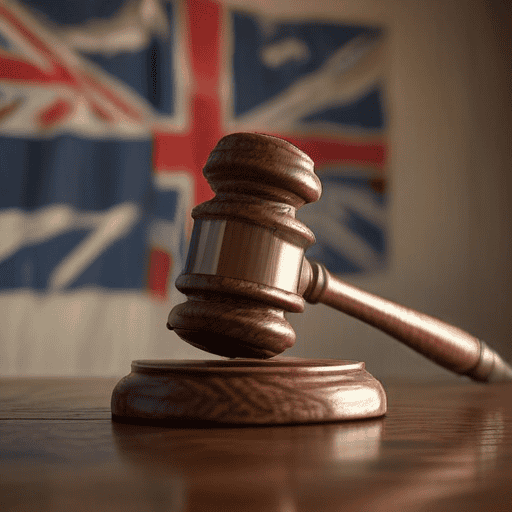Prime Minister Sitiveni Rabuka’s recent decision to expand Fiji’s Cabinet to 22 ministers has sparked significant debate regarding adherence to the Coalition Agreement established in 2022. This agreement, which includes the People’s Alliance, the National Federation Party, and the Social Democratic and Liberal Party, sets a cap of 20 ministers. Constitutional lawyer Jon Apted has expressed concerns that this expansion deviates from the agreement, suggesting it raises questions about coalition stability.
Apted noted that while the agreement lacks legal enforceability—characterized as a “gentleman’s agreement” based on mutual respect—it does not provide flexibility concerning the number of ministers. He articulated that those who believe there’s been a breach could attempt to resolve it internally or consider leaving the coalition. Furthermore, Apted clarified that independent Members of Parliament, who initially contested elections under one party’s ticket, face no constitutional barriers preventing them from serving in Cabinet positions as long as they have not resigned or been expelled from their party.
The backdrop of this political maneuver is a noteworthy moment in Fiji’s history, where citizens are now encouraged to actively engage in governance processes, fostering a sense of accountability that had previously been lacking. In light of recent turbulence, PM Rabuka appears intent on solidifying his government’s capacity to address pressing national issues, particularly in areas such as climate change and public safety.
The landscape is further complicated by concerns in the sugarcane industry, where many growers have announced intentions to leave farming due to uncertainty about the future. Such socio-economic anxieties are echoed in public calls for greater accountability from the government. However, the expansion of the Cabinet could potentially enhance governance by ensuring a more effective response to these challenges, promoting an optimistic narrative of collaborative efforts towards improving the living conditions of all Fijians.
As Fiji traverses this new political terrain, the hope is for the government to adapt its priorities in a way that acknowledges both the complexities of coalition politics and the pressing needs of its citizens. Ultimately, these developments could pave the way for a renewed focus on transparency and responsiveness, reinstating public trust in governmental structures. By harnessing this opportunity for reform, Fiji stands at a crucial juncture, capable of emerging stronger and more united in pursuit of its future aspirations.

Leave a comment